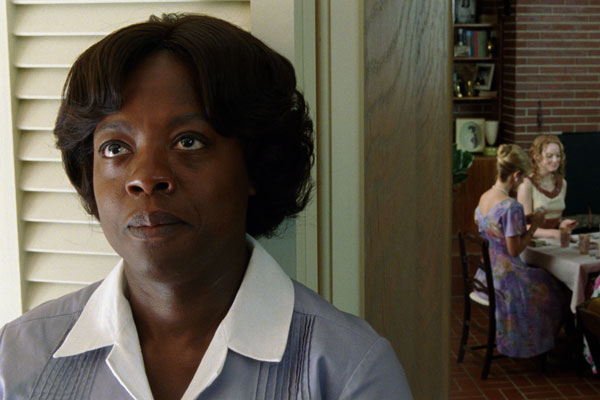Taking place in the early 1960s, “The Help” is set in the time after slavery was abolished, but before segregation laws were outlawed, meaning that people of color had yet to have equal rights. This movie is a flawless representation of the perspective’s of those living in the early 1960s in the south.
Overall, “The Help” presents itself to be informative but capturing and fun as well. It proved to have a real underlying meaning by showing the perspective of those living in that era. This movie is an exhilarating and personal way to learn more about the history in that time. From tears to hysterical laughter, it will be an experience never forgotten.
In Jacksonville, Mississippi, Emma Stone plays a character by the name of Skeeter, who is an aspiring white journalist. After strutting into the Jacksonville Post and demanding a job, she received the position of a columnist for cleaning advice.
Emma Stone is known for her humorous characters in movies like “Easy A” and “Superbad,” but through “The Help,” a new side of her acting techniques is shown. Of course she’s hilarious, however, in “The Help” she expresses more emotion, including her determination and empathetic expression for the women who were “the help”.
Skeeter had no experience with cleaning and decided that the best idea would be to talk to her friend’s maid, Aibileen (played by Viola Davis) and ask her to help with the news column. As the movie continues, Skeeter realizes that Aibileen and the other maids do more than just cleaning; they ultimately raise the children of such southern homes.
Viola Davis plays her character with believable expression to the point of complete conviction of the emotions she conveyed. The movie starts in the middle of the film as Aibileen explains her perspective of being the help in white homes. Her facial expressions and eyes alone tell the story, and as the movie goes into a flashback to the beginning, Aibileen’s significance is already known.
Skeeter takes on the role of voicing what really goes on in the lives of the help and breaks the law with defiance so the people of color can be heard. She writes a novel telling the stories of the women who are known as ‘the help’ and their personal perspectives of discrimination. For the first time ever in Mississippi, the women of color were heard.






































![Teacher Lore: Mr. Hillman [Podcast]](https://bsmknighterrant.org/wp-content/uploads/2025/03/teacherlorelogo-1200x685.png)




